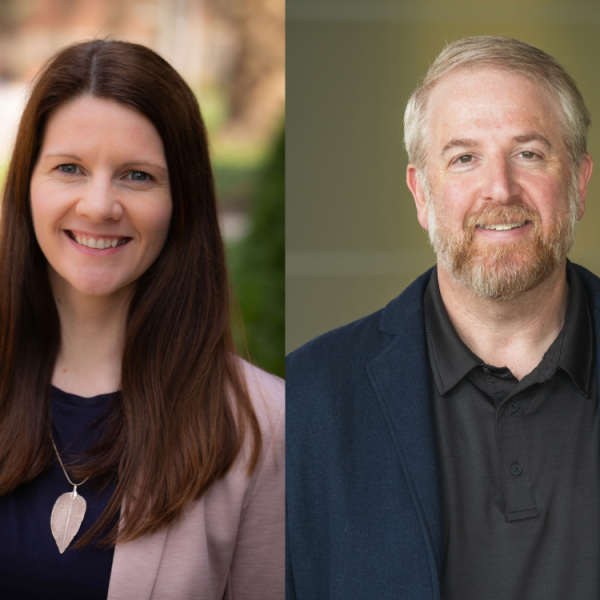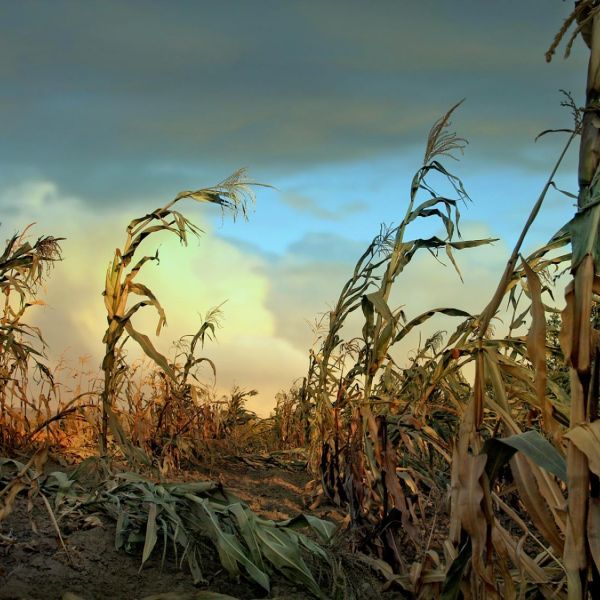News

Jul 28, 2025
College of Ag Sciences names first cohort of Land Grant Research Impact Fellows
Penn State’s College of Agricultural Sciences has launched the Land Grant Research Impact Fellows program. This new initiative recognizes and supports faculty whose research addresses pressing challenges in Pennsylvania and beyond.
Full Article

Jul 28, 2025
Huck student receives U.S. National Science Foundation fellowship
Sophia Mucciolo, an ecology student affiliated with the Penn State Huck Institutes of the Life Sciences, recently received a fellowship from the U.S. National Science Foundation (NSF) Graduate Research Fellowship Program (GRFP).
Full Article

Jul 25, 2025
Predicting vaccination levels without accurate or timely vaccination data
Researchers at Penn State and the World Health Organization develop method to predict measles vaccination levels using routinely collected clinical data on suspected measles cases.
Full Article

Jul 25, 2025
Startup works to detect respiratory illnesses through vocal patterns
TalkingSick startup launches through Invent Penn State NSF I-Corps programming.
Full Article
Jul 24, 2025
Huck Students impress at Forest Genetics conference
Penn State grad students took the Forest Genetics 2025 conference by storm, winning more than half of the poster and presentation awards available. Three Huck trainees were among those recognized.
Full Article

Jul 23, 2025
Seasonal flu immunity protects against severe illness from bird flu in ferrets
A study in ferrets — which have remarkably similar respiratory systems to humans — suggests that widespread immunity to H1N1 seasonal influenza virus may explain why exposure to H5N1 bird flu causes only mild symptoms in humans.
Full Article

Jul 22, 2025
Next-gen tech can detect disease biomarker in period blood
Proof-of-concept, at-home device can detect biomarker for endometriosis — a debilitating uterine disease — in 10 minutes; advancement makes early detection easier, more accessible, researchers say.
Full Article

Jul 22, 2025
$2.6M NIH grant to fund new microbiome sciences training program at Penn State
The internationally recognized One Health Microbiome Center (OHMC) in the Huck Institutes of the Life Sciences at Penn State is the recipient of a new National Institutes of Health (NIH) grant to train doctoral students in biotechnological innovation, industry advancements and interdisciplinary microbiome research.
Full Article

Jul 22, 2025
National foundation grant to support study on amphibian health at Penn State
Research in Penn State’s College of Agricultural Sciences aimed at helping amphibians fight fungal disease by strengthening their natural defenses has received a $120,000 grant from the Morris Animal Foundation, a national nonprofit dedicated to advancing animal health through scientific research.
Full Article

Jul 21, 2025
Simulating the unthinkable: Models show nuclear winter food production plunge
A team led by researchers at Penn State have modeled precisely how various nuclear winter scenarios could impact global production of corn — the most widely planted grain crop in the world.
Full Article